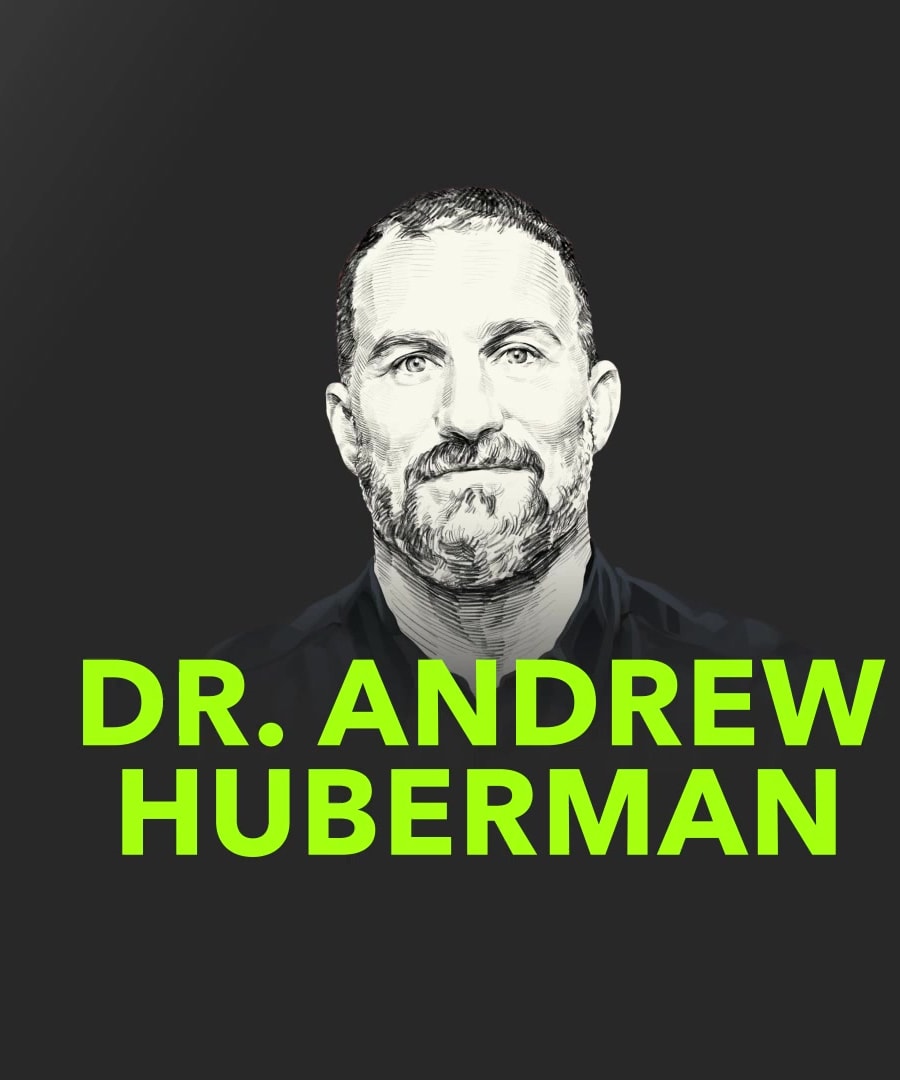how to increase testostrone
Sources:
To increase testosterone, recommends several strategies and supplements:
Resistance Training
Engage in resistance training, particularly heavy compound movements, which have been shown to boost testosterone levels. This can be done through a protocol of six sets of ten repetitions with sizable compound movements like squats, deadlifts, or chin-ups. However, it's essential to avoid overtraining as the sessions should be kept to 60 minutes or less to prevent the rise of cortisol, which can counteract testosterone levels 1.
Sleep and Stress Management
Optimal sleep and minimal chronic stress are vital indirect methods to optimize testosterone as they greatly affect hormone levels 2.
Effective Training Duration
Train hard but not too long; excessive training duration can negatively impact testosterone 2.
Supplements
Consider using supplements like Tongat ali, which may reduce sex hormone-binding globulin and possibly increase testosterone. Another supplement is Phdogia agrestis, which acts as a luteinizing hormone mimic and may stimulate the testes to produce more testosterone 2. Boron is also mentioned as a supplement that may help free up testosterone 3.
Warning on Cold Exposure
There's a notion that cold exposure to the groin area could increase testosterone, but is not aware of well-controlled studies supporting this, and notes the potential dangers and the importance of being cautious 4.
Dietary Impact
While not specifically mentioned in the clips provided, diet can significantly impact hormone levels, thus considering a diet that supports hormonal health could be beneficial. However, direct advice from on dietary changes for testosterone increase is not available in the aforementioned clips.
It's essential to consult with a healthcare provider before implementing a new exercise regimen or taking new supplements, especially since individual responses can vary.
RELATED QUESTIONSaffect of plastic on hormones
Sources:
Exposure to certain chemicals found in plastics can have negative effects on hormone levels and functions. discusses the impact of Bisphenol A (BPA) and phthalates, which are commonly found in plastic bottles and cans. Specifically, these chemicals are believed to negatively affect male hormone levels, including testosterone levels, and can even lead to changes in genitalia size during fetal development, as highlighted by research conducted by Dr. Shanna Swan 1.
Phthalates, in particular, are troubling because they've been linked to altered anatomical measurements related to genitalia and reduced sperm counts when the exposure occurs in utero. While the effects post-birth are less clear, there is concern that these chemicals could inhibit the activating effects of androgens like testosterone and dihydrotestosterone (DHT) during puberty and after 2.
Dr. Kyle Gillett, a guest on the , also talks about avoiding BPA due to its ability to bind to estrogen receptors and act as a xenoestrogen, a foreign chemical that mimics estrogen in the body 1.
Due to their potential negative health impacts, advises a thoughtful approach to reducing exposure to phthalates and BPAs, such as doing research on credible sites and being mindful about the sources of these chemicals without becoming paranoid 3. It's recommended to check the sources of drinking water, avoid excessive use of plastics, particularly those known to contain harmful chemicals, and consider organic produce to minimize pesticide exposure.
For the best practices on minimizing exposure to these harmful chemicals, individuals should consult with healthcare professionals and review the latest research from reliable sources.
RELATED QUESTIONS
how to increase testostrone
- RELATED QUESTIONS
affect of plastic on hormones
- RELATED QUESTIONS






